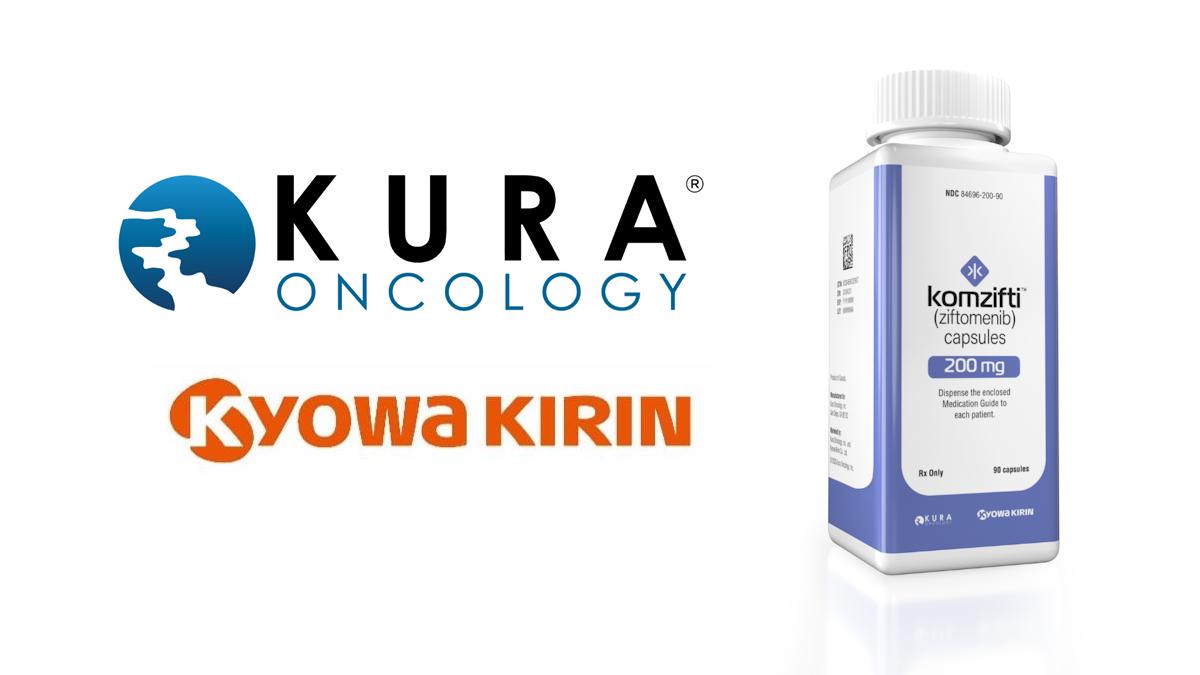FDA reapproves Pfizer's Mylotarg leukaemia drug

Pfizer’s Mylotarg is back on the US market after a seven-year absence, after the FDA reapproved it in the aggressive blood cancer, acute myeloid leukaemia.
The world’s first approved antibody-drug conjugate, where a targeted antibody delivers a toxic payload to cancer cells, Mylotarg (gemtuzumab ozogamicin) was first approved in 2000.
But it was withdrawn in 2010 after late-stage data failed to confirm its efficacy and raised safety concerns including fatal toxicity.
Following new data, Mylotarg has been reapproved with a lower dose, and a different schedule, and in combination with chemotherapy in a new patient population.
The drug’s newly approved indication is in adults with newly diagnosed acute myeloid leukaemia patients whose tumours express the CD33 antigen, and adults and children two years and older with relapsed or refractory CD33-positive AML.
It was previous approved as a single agent in CD33-positive AML patients aged over 60 who experienced their first relapse and were not considered candidates for other cytotoxic chemotherapy.
The drug remained on the Japanese market and had been available to individual patients through Pfizer’s compassionate use schemes.
Due to the unmet need for treatments for AML, doctors independently evaluated Mylotarg at different doses and schedules with Pfizer’s support, leading to further clinical trials and more information about its safety and efficacy.
The new approval was based on trials including the phase 3 ALFA-0701 study, where patients received Mylotarg 3mg/m2 on days 1,4 and 7 in combination with conventional chemotherapy or chemotherapy alone.
In 135 patients treated with Mylotarg and chemotherapy, event-free survival was 17.3 months for patients receiving Mylotarg, compared with 9.5 months for patients on chemotherapy alone.
This and other data was enough to convince an FDA advisory committee to recommend the drug should be reapproved last month.
Liz Barrett, global president, Pfizer Oncology, said: “The FDA approval of Mylotarg fills a critical unmet need for many adults and children with AML, which can be fatal in a matter of months or even weeks if not treated and has a high relapse rate.”
Mylotarg was never a huge commercial success, generating just $20million in annual sales when it was withdrawn. But the re-approval in a new formulation will help patients in a much expanded, more mature oncology market. While the drug won't earn large sums for Pfizer, it will give it a valuable presence in the fast-growing haemato-oncology market.
AML treatment, like other haemoto-oncology conditions, looks set to change rapidly in the coming years, thanks to a wave of innovation including CAR-T and other immunotherapies.













